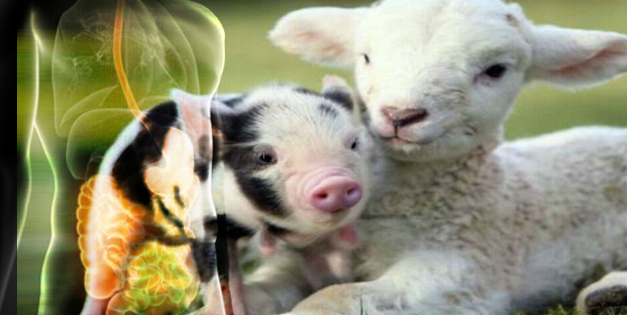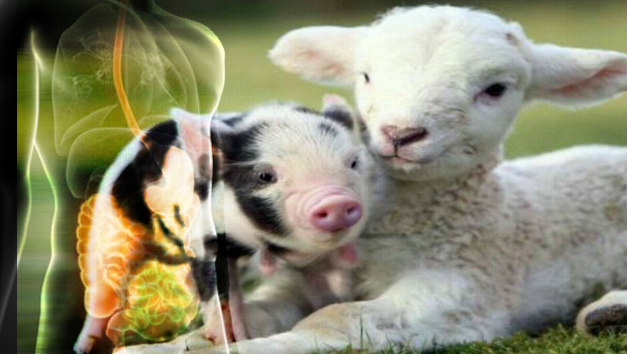Humans DO NOT need to eat meat.
Not to get scientific here, but seriously: There are many physiological differences between humans and true carnivores who have to kill other animals to survive. We don’t have claws to hunt or sharp teeth to rip and chew flesh – or the instinct to take a bite out of a lamb’s ear and eat its raw flesh. Our bodies have evolved to do much better on a plant-based diet that has no cholesterol, is lower in saturated fat, and is less likely to make us unhealthy, cause cancer and kill us.
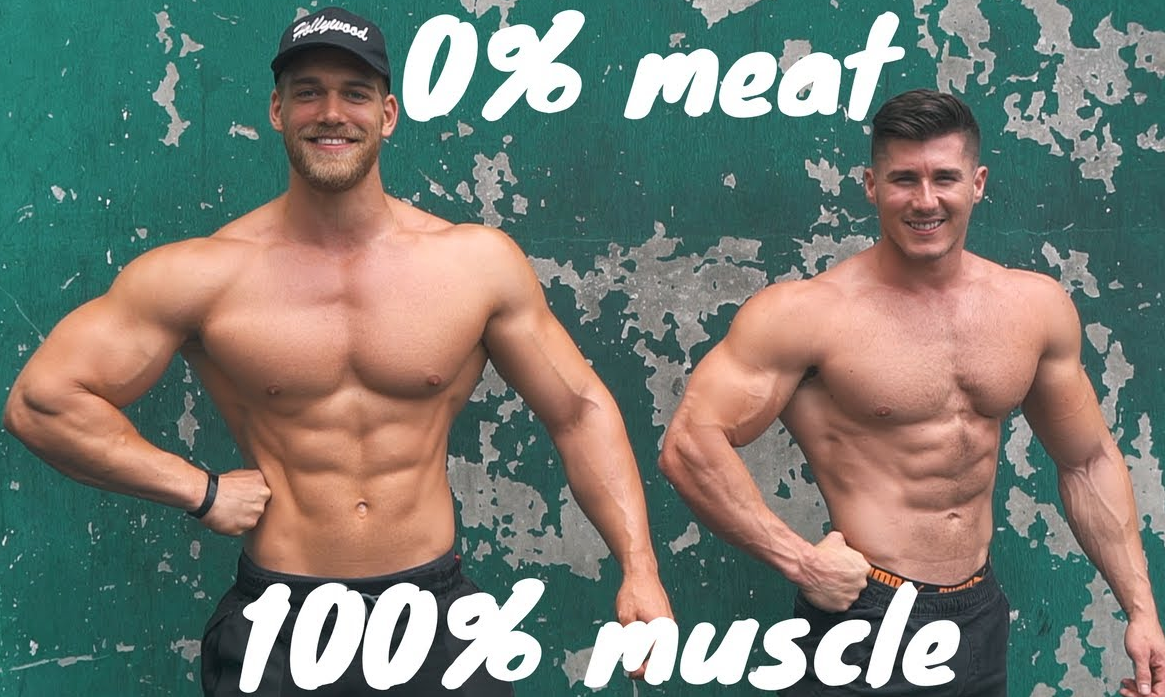
Vegans are strong and healthy!
There are vegan ultra-marathon runners, tennis players, football players, bodybuilders, and pro mixed martial arts fighters. Vegans often have more energy, stamina, and strength because they’re not weighed down by heavy, unhealthy animal-derived products Bottom line is: eating animals is not a necessity it is a choice.
Animals exist for their own reasons, not for us to eat.
Animals have feelings, want to spend time with their families, and have the right to live their own lives. People disregard animals’ feelings out of habit and tradition, because they don’t know how the animals are treated, or because they don’t think of them as individuals who- although different from us, also desire freedom to live their lives.
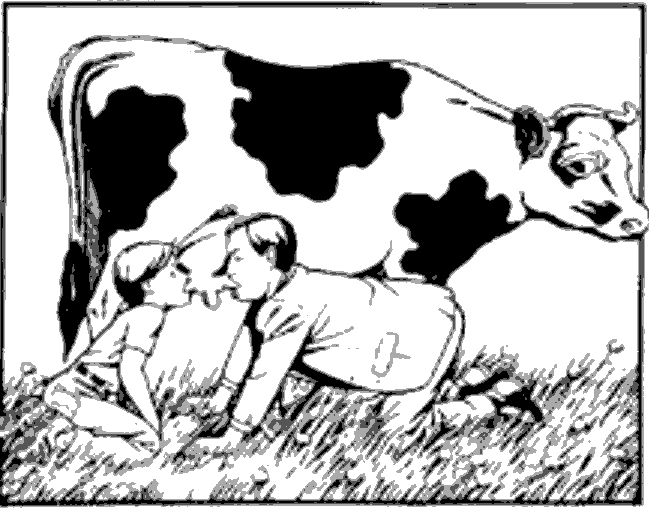
Humans are the ONLY species that drink the milk of another species. And we’re the only species that drinks milk past childhood. Cows produce milk for the same reason humans do – to feed their babies. If factory farmers didn’t keep cows almost constantly pregnant, their milk would dry up. Cow’s milk is meant for baby cows, who have four stomachs and gain hundreds of pounds in just a few months. Calcium is easily found in vegan foods – and more easily absorbed from plant sources.
A label that says “organic” or “cage-free” DOES NOT mean that the animals were treated well.
The terms “organic”, “cage-free,” and “humane” tell us very little about the treatment of the animals. Most animals raised under these very poorly regulated guidelines still end up terrified and struggling to escape on the same slaughterhouse floors as the animals from factory farms do, There are no “humane” slaughterhouses. Plain and simple, these are just marketing terms to make you think it’s OK to eat animal-derived products…it’s not.
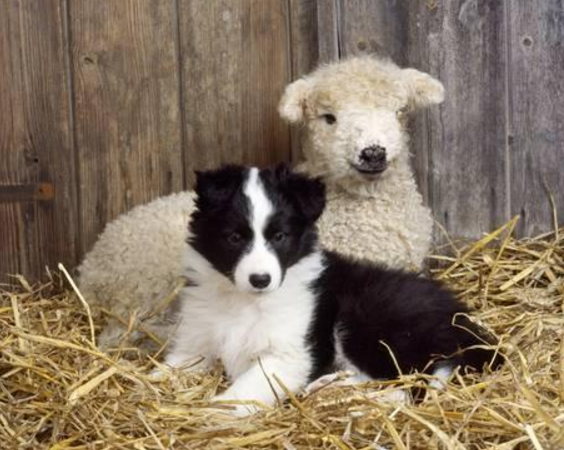
Wonder why we eat some animals and not others?
Carnivorism or (Carnism for short) is universal; in meat-eating cultures around the world, people typically classify only a tiny handful of animals as edible. All the rest are classified as inedible and disgusting. So even though the type of species consumed changes from culture to culture, members of all cultures tend to find their own choices to be rational and the choices of other cultures to be disgusting and often even offensive.
Why is eating meat so universally accepted as normal and natural?
The Corporations primary function is to stay alive and relevant. Their defense mechanism is denial. These defenses hide the truth about animal agriculture and distort what little we are able to see so that we support a system that we would otherwise find offensive. The meat industries hide the truth by making “carnism” invisible. So eating animals appears to be a given rather than a choice. They keep their victims out of sight and out of public consciousness.
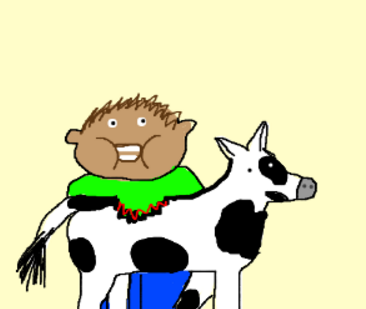
It’s all about Awareness
Carnism also conditions us to block our awareness and our empathy for animals. Carnism teaches us to justify eating animals by teaching us to believe that eating animals is normal, natural and necessary. There lies the biggest problem: It is institutionalized: It is supported and promoted by all major social institutions. When we are born into an institutionalized system such as carnism, we internalize it. It teaches us to see farmed animals as objects, things, rather than beings. But Awareness is the greatest threat to Carnism, because, with awareness, we can make choices that reflect what we authentically think and feel, rather than what we have been taught to think and feel. Without awareness, there is no free choice.
Most people including vegans and vegetarians eat way more protein than is recommended. Despite relentless food marketing, we don’t need to worry about eating enough protein. On average, most people, including vegetarians and vegans get 70% more protein than they need every day. Research shows that eating a variety of plant foods over the course of the day provides all the required amino acids. So there’s no need to plan meals around protein. In addition, fiber is crucial for a person’s health, and by definition, fiber is only found in plants. Fiber-rich foods help prevent obesity, diabetes, and cardiovascular diseases.
Source: https://www.carnism.org/ Dr. Melanie Joy
